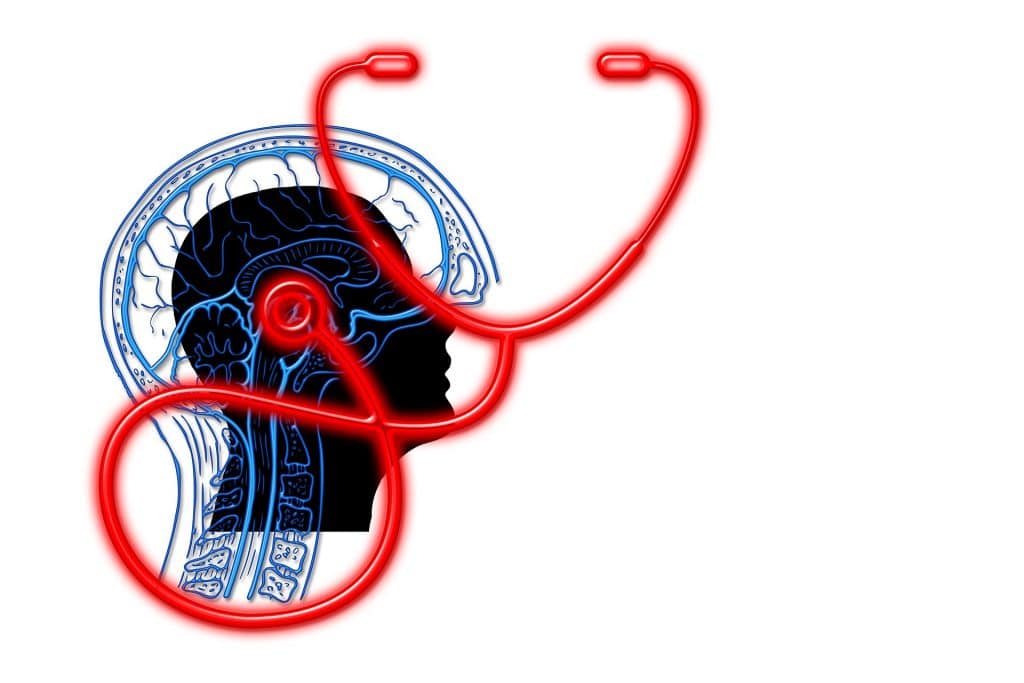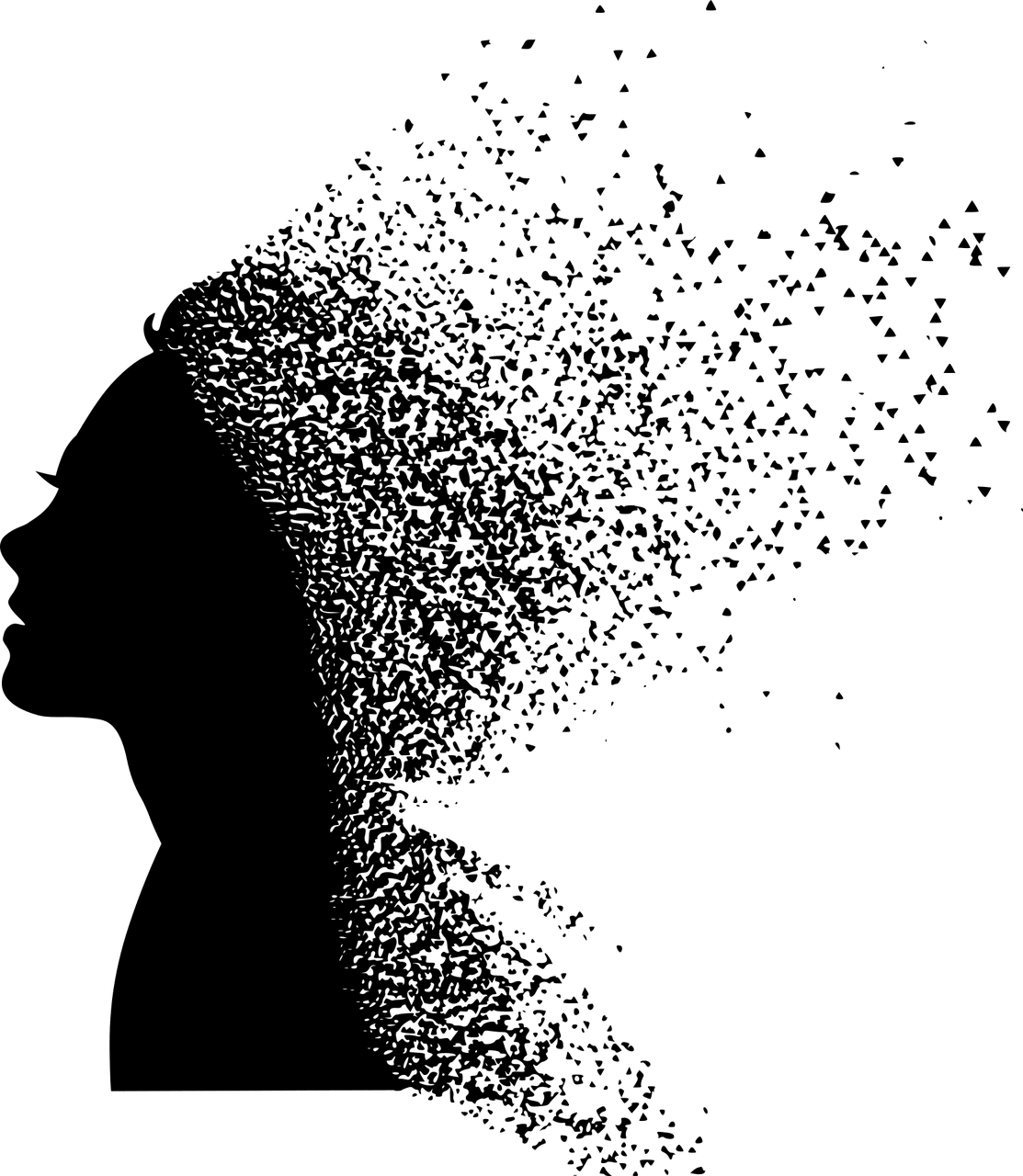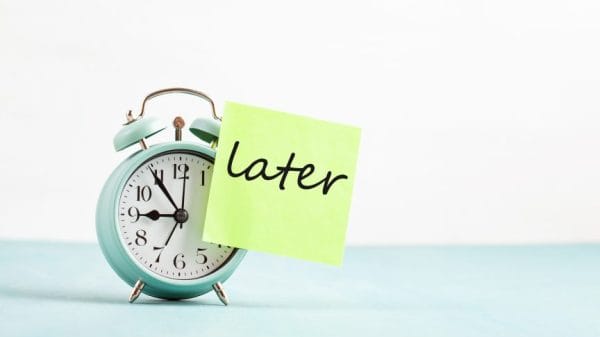If you or someone you know is affected by any of the content in this article, this NHS page directs towards various relevant information and services. The mental health charity ‘Mind’ also provides guidance and services – check them out here.
Anxiety and depression come in many forms, and are often not given the recognition they require as health conditions. There are many myths concerning what anxiety and depression actually are, as well as how to deal with them.
How prevalent are anxiety and depression?
The Mental Health Foundation has collated statistics about mental health, which are well worth the read. It says that according to the 2013 Global Burden of Disease study, the main mental health problem globally is depression. Anxiety comes in second. It is clear that these conditions are prevalent in societies around the world, yet there can be some misconceptions about them that harm our understanding of them.
What is depression?
According to the NHS, depression involves feeling persistently sad over weeks or months. It can manifest differently for different people. Patients may feel persistently unhappy or hopeless. They might lose interest in favourite pastimes. ‘Physical’ effects are also possible. These can include constant tiredness, poor sleep, appetite loss and even aching or pain in the body.
What is anxiety?
The NHS defines anxiety as mild or severe uneasiness, worry or fear. This can be a normal reaction to events like exams, tests or interviews. While anxiety is something everyone can feel at times, there is a specific form called Generalised Anxiety Disorder (GAD). This is a long-term health issue which makes patients anxious about many different things, not just one event. This wide-ranging anxiety can occur most days and make it difficult for patients to remember a time when they were relaxed.
Properly understanding these distinctions is an important step in dispelling myths about depression and anxiety.

What are some common myths?
Myth: depression is not a real condition
A big myth that must be cleared up is the idea that depression is not a real health condition. As the NHS makes quite clear, it is. Depression is not something you can “snap out of” by “pulling yourself together”. It needs real treatment.
An important part of clearing up this myth is that depression can have ‘physical’ effects, such as changes to menstrual cycles and disturbed sleep. That is not to say that the ‘mental’ effects are any less ‘real’, however.
Myth: depression and anxiety are completely separate conditions
Another myth is that depression and anxiety are totally separate conditions. In fact, sufferers of depression can also have anxiety symptoms, while anxiety may cause depression.
Sarah Johnson is the director of Landmark Outpatient Services, a mental health clinic in Kentucky. She says that “anxiety may occur as a symptom of clinical depression. On the other hand, it’s also possible to have depression that’s triggered by an anxiety disorder, such as generalized anxiety disorder, panic disorder or separation anxiety disorder.”
Anxiety and depression are not monolithic
While anxiety can affect everyone, the existence of GAD highlights that some people suffer with it very frequently and to a very strong degree.
There are also different types of depression, brought on by different things. For example, the NHS lists postnatal depression, bipolar disorder and seasonal affective disorder (SAD) as types.
Depression and anxiety are complicated conditions that must be better understood. Irregular levels of funding and care must be addressed properly, such as mental health service underfunding and ‘postcode lotteries’.
Greater recognition of mental health conditions in the public domain may help increase sorely-needed awareness. Dwayne ‘The Rock” Johnson recently discussed his own experience with depression, which you can read about here.
Featured image via Mohamed Hassan / Pixabay














